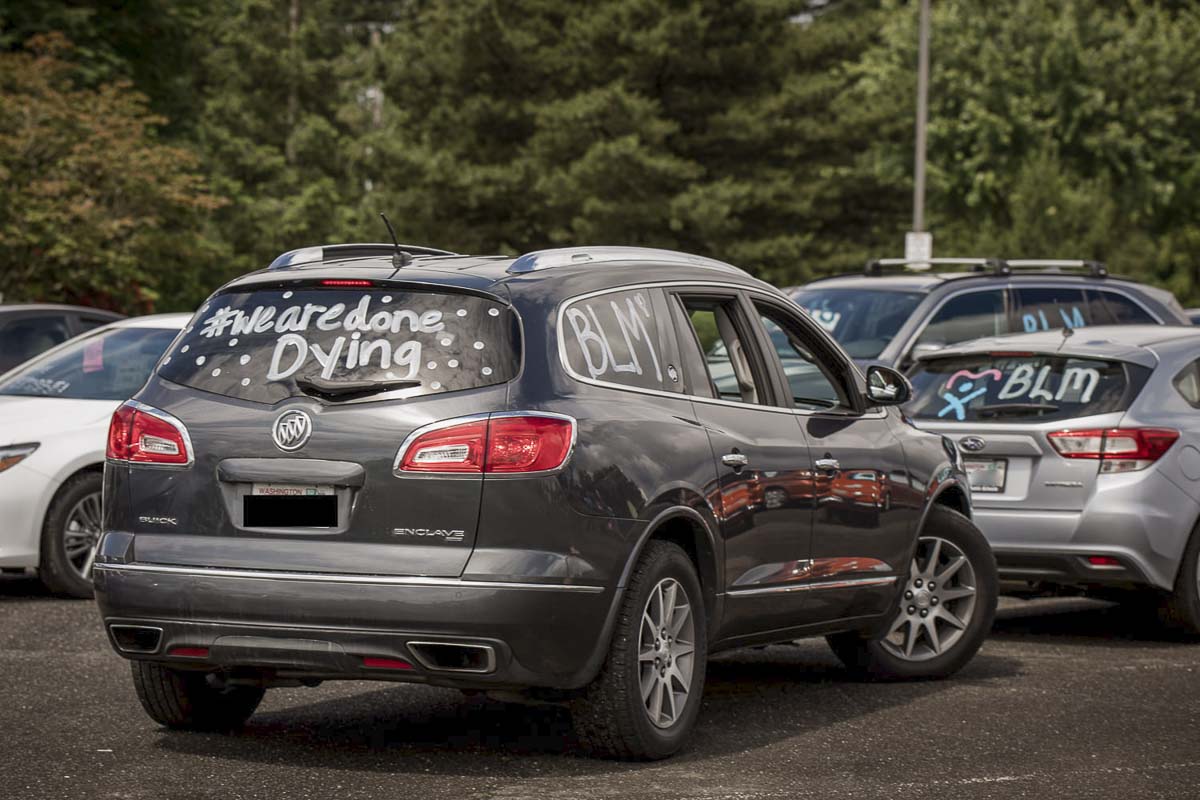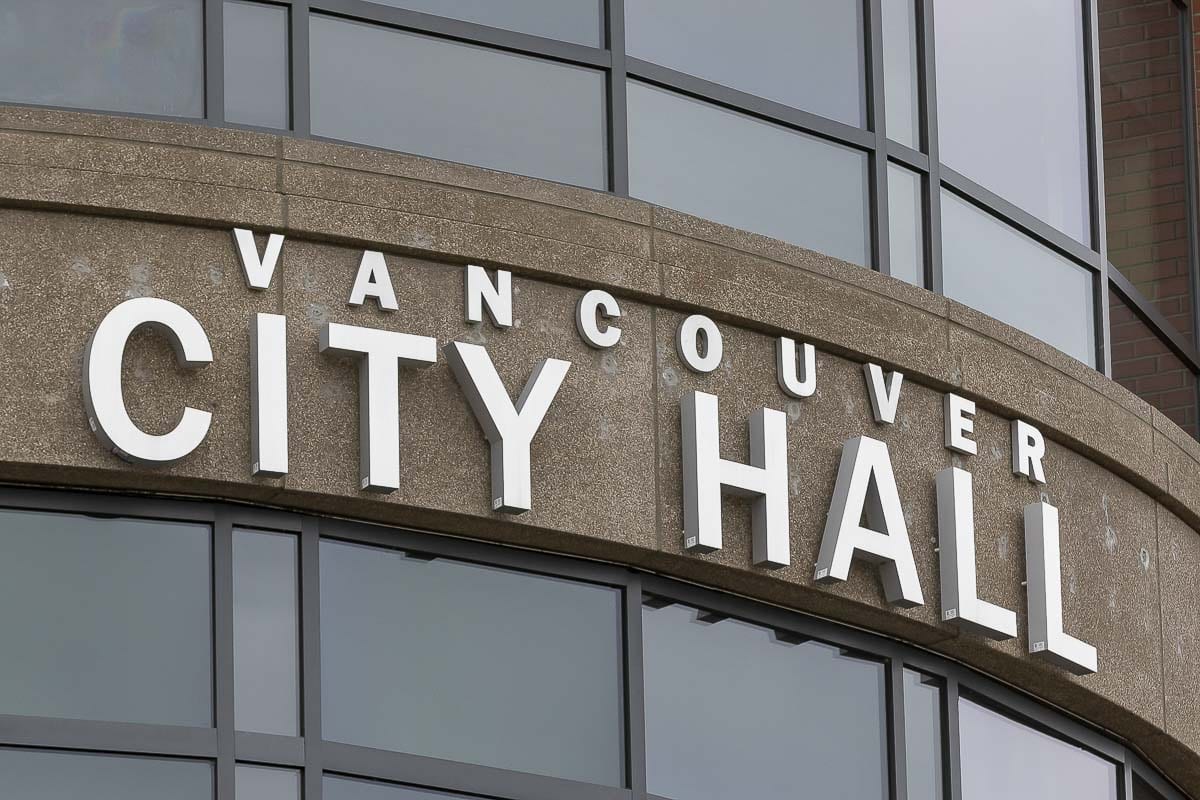Vancouver Police will also resume discussions on use of force and body cameras for officers
VANCOUVER — With protests continuing across the country in the wake of the in-custody killing of George Floyd in Minneapolis, the city of Vancouver wants to hear from its black community.

“Last week, the leadership team and I shared a message with all of our employees about our commitment, not only to fight against racism in our organization, through our official capacities,” said City Manager Eric Holmes at the council’s virtual meeting on Monday, “but also to use our influence in the community to do the same.”
Vancouver Mayor Anne McEnrney-Ogle said the city will work “directly with organizations that carry the voice of communities of color in our city as well as general listening sessions open to all citizens.”
The effort at dialogue comes following protests that have drawn thousands to downtown Portland for the past week and a half. On Saturday, as many as 1,500 vehicles lined the streets of Vancouver for a Drive for Black Lives event led by the local chapter of the National Association for the Advancement of Colored People (NAACP).
“We have a lot to learn,” said Councilor Laurie Lebowsky, who participated in the drive. “This experience of people of color in our country is nothing new.”
The protests following Floyd’s death have popped up worldwide, including Vancouver. Despite some threats of violence, however, Vancouver’s protests have remained peaceful.
“I think that having that many folks show up and have a peaceful protest is what it’s all about,” added Bart Hansen, who also participated on Saturday. “I remember not too long ago, when we did have some activity in downtown Vancouver and it was not so peaceful.”
Lebowsky said she had spoken with many members of the community in recent days, including one African American woman who said she felt unsafe walking by herself in her own neighborhood.
“I can go out and walk just about any time, except maybe as a female at night,” Lebowsky said. “But I have privilege where I don’t have to think about that sort of thing.”
“This seems to have shaken our community, our country to the core,” added Linda Glover, the mayor pro tem. “ To see so many young people united was very, I think, affirming to me that this is going to be different.”

Holmes noted that numerous city employees had approached him with the idea of starting a dialogue over race and prejudice.
“This statement and commitment from the leadership team was truly the team coming together,” said Holmes, “and not one person saying, ‘Come on, come on, come on, come on,’ and dragging others along.”
On its website, Vancouver Police have responded to demands made as part of the 8 Can’t Wait initiative, a nationwide effort to overhaul the way police departments function.
Holmes added that the department anticipates receiving a draft version of a report done through the Police Executive Research Forum (PERF) into VPD’s use of force policy. That assessment was requested following a series of officer-involved shootings in early 2019, several of which involved black men.
PERF is also working to set up a series of community forums to go over the analysis, and any recommendations.
“Depending on what those actual findings are — because we don’t know until we see the report — (we will) develop a work program with a start from the council,” said Holmes.
Another element of the 2019 use of force review included analysis of the potential costs and benefits of body-worn cameras for law enforcement. Holmes said the city was approximately 40 percent through a work program on that before the pandemic hit.
With the Stronger Vancouver initiative indefinitely shelved, resources will be put back into the body cam analysis.
“And I think there’s probably an opportunity, in the context of these listening sessions, to pose some questions, particularly to communities of color, about a body worn camera program,” added Holmes.
Dates for the community forums have yet to be announced, and details still need to be worked out regarding how they can be held in light of the social distancing rules.
The council is scheduled to take time in their upcoming June 20 meeting to hear from local black community leaders, in order to determine the best focus for the effort.




